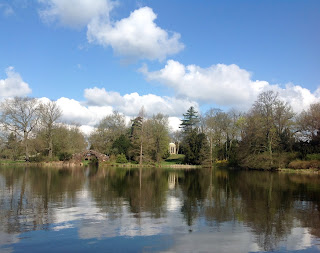Advent is the beginning of the church year for many. For Orthodox Christians, this period is known as the Nativity Fast and lasts for 40 days, starting mid-November until Christmas. The word “Advent” comes from the Latin word “advenio” which means the “beginning, or the arrival of something anticipated”. In the Western Church, Advent focuses on the comings (or advents) of Jesus Christ: his birth, his coming in our lives through grace and the Sacrament of Holy Communion; and his Second Coming at the end of time.
 |
| Climb with hope and anticipation... |
Advent seems a logical starting point for the New Year 2016, in spite of the calendar and with or without the religious connotations. Thanksgiving weekend offers the opportunity to express gratitude for the year gone by. Advent offers a wonderful opportunity to begin to look forward to what is yet to come.
What will this New Year bring? Can I hope for some positive change in myself and in the world? Advent means a new beginning and the arrival of something anticipated. Can I gather up hope within myself to anticipate and to feel that something is about to happen? Something special, something mysterious, something beyond my dreams, something spectacular, something beyond my wildest imagination will happen, if I am open to it. I don’t mean the remembrance of a child being born in Bethlehem long ago, or of some spiritual experience that happened to me in the past, or to some vision of the world’s final chapter. No! What I look for is not “smooth words and illusory visions,” but of a “new thing” happening that can make me a better person, some new thing that can alter the pattern of my life and the life of the world. My hope is deeply rooted in the scripture and in this new year of my life, in this new advent, I anticipate “glad tidings of great joy.”
“See how the first prophecies have
come to pass,
and now I declare new things;
before they break from the bud I
announce them to you. (Isaiah 42:9)























